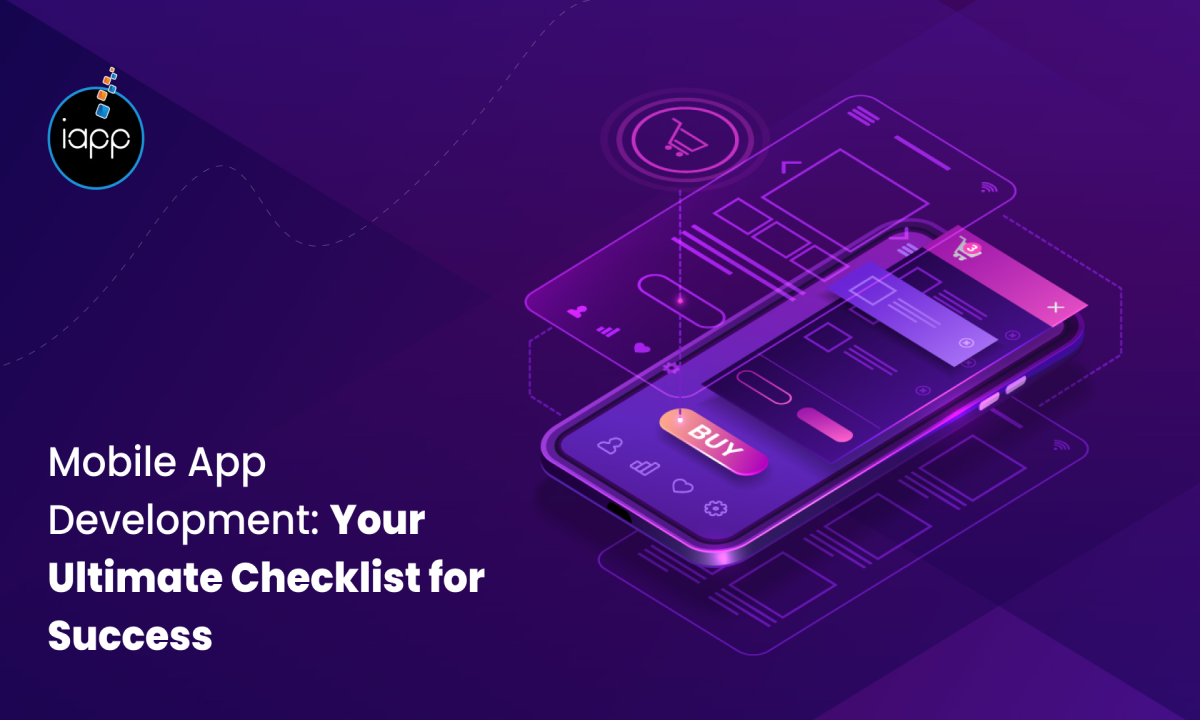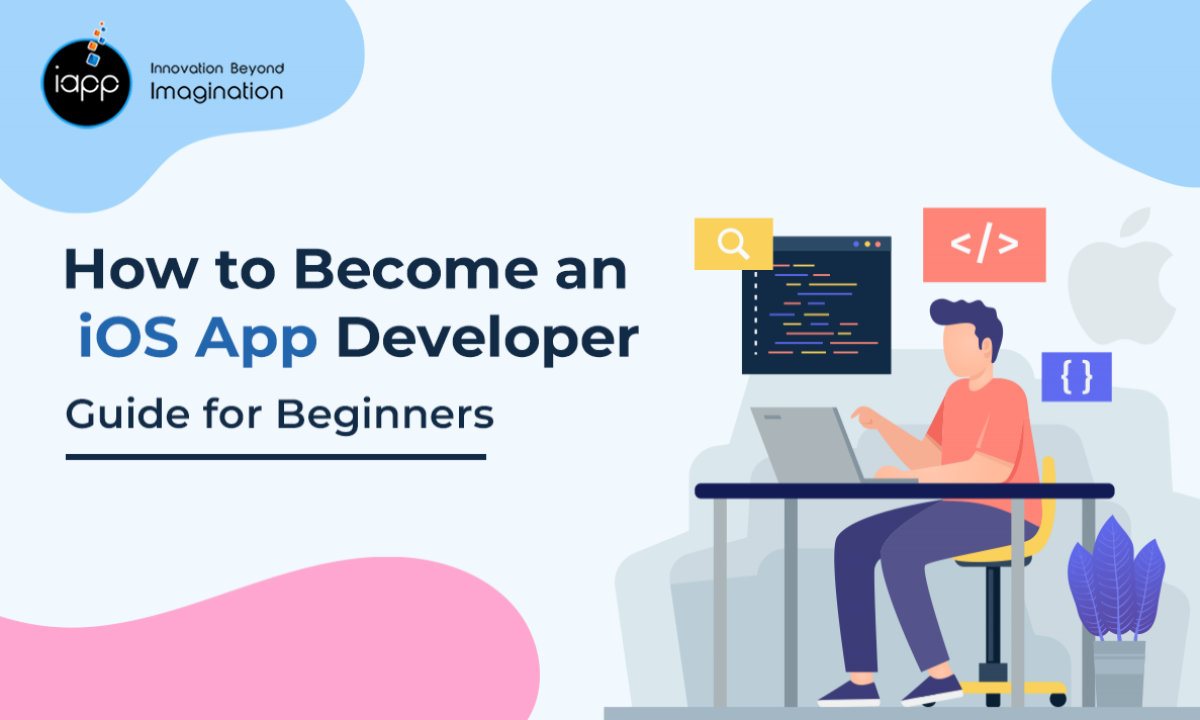


Introduction
Welcome to the ultimate guide for mobile app development success! In today's digital age, having a mobile app is essential for businesses to thrive. However, the process of developing a successful app can be daunting. That's why we've created this comprehensive checklist to guide you through every step of the journey. Whether you're a seasoned developer or a newcomer to the world of app development, this checklist will ensure that you cover all the essential bases to create an app that stands out in the crowded marketplace.
Defining Your App's Purpose and Target Audience
Before diving into development, it's crucial to have a clear understanding of your app's purpose and target audience. Ask yourself: What problem does my app solve? Who is my target demographic? By defining these key aspects upfront, you'll ensure that your app resonates with your intended audience.
Conducting Market Research
Market research is essential for identifying industry trends, understanding competitor offerings, and uncovering user preferences. Analyze app stores, conduct surveys, and gather feedback from potential users to inform your development strategy.
Setting Clear Goals and Objectives
Establishing measurable goals and objectives is critical for tracking the success of your app. Whether it's acquiring a certain number of users or generating revenue, having clear benchmarks will keep your development efforts focused and aligned with your overarching objectives.
Creating a User-Centric Interface
User experience (UX) design plays a pivotal role in the success of your app. Design an intuitive and visually appealing interface that prioritizes user convenience and functionality. Conduct usability testing to identify any pain points and refine your design accordingly.
Optimizing for Mobile Platforms
With the proliferation of mobile devices, it's essential to optimize your app for various platforms and screen sizes. Ensure responsiveness and compatibility across iOS and Android devices to maximize reach and engagement.
Incorporating Engaging Visuals and Multimedia
Visual elements such as graphics, animations, and videos can enhance user engagement and leave a lasting impression. Leverage multimedia content strategically to convey your app's value proposition and captivate your audience.
Developing and Testing Your App
Choosing the Right Development Approach
Selecting the appropriate development approach—whether native, hybrid, or cross-platform—depends on factors such as budget, time constraints, and target audience. Evaluate the pros and cons of each approach to determine the best fit for your project.
Writing Clean and Efficient Code
Efficient coding practices are essential for optimizing performance, ensuring scalability, and minimizing maintenance overhead. Follow coding standards, employ modular architecture, and conduct thorough code reviews to maintain code quality throughout the development lifecycle.
Conducting Rigorous Testing and Quality Assurance
Testing is a critical phase of app development to identify and rectify any bugs, glitches, or usability issues. Perform comprehensive testing across devices, operating systems, and usage scenarios to deliver a seamless user experience.
Creating a Robust Marketing Plan
A successful app launch requires a well-crafted marketing strategy to generate buzz and attract users. Utilize various channels such as social media, email marketing, and app store optimization (ASO) to promote your app effectively.
Implementing Analytics and Tracking Tools
Analytics tools provide invaluable insights into user behavior, engagement metrics, and app performance. Integrate analytics SDKs into your app to track key performance indicators (KPIs) and iterate based on user feedback and data-driven insights.
Providing Ongoing Support and Updates
The journey doesn't end after the app launch; ongoing support and updates are essential for maintaining user satisfaction and retention. Respond promptly to user feedback, address any issues or concerns, and continuously improve your app with regular updates.
Mobile App Development: Important Checklist!
How long does it take to develop a mobile app?
The time required to develop a mobile app varies depending on factors such as complexity, features, and development approach. Simple apps may take a few months, while more complex ones can take a year or more.
What are the essential features to include in a mobile app?
Essential features vary depending on the app's purpose and target audience. However, common features include user authentication, push notifications, in-app messaging, and payment integration.
How much does it cost to develop a mobile app?
The cost of app development depends on various factors, including complexity, features, design, and development rates. On average, the cost can range from a few thousand dollars to several hundred thousand dollars for more complex projects.
Do I need to hire a mobile app development agency, or can I develop it in-house?
The decision to hire an agency or develop in-house depends on factors such as budget, expertise, and project requirements. Agencies offer specialized skills and resources, while in-house development provides greater control and customization.
How do I monetize my mobile app?
There are several monetization strategies for mobile apps, including in-app purchases, subscription models, advertising, and sponsored content. Choose a strategy that aligns with your app's value proposition and target audience.
What metrics should I track to measure app success?
KPIs such as user retention, engagement, conversion rate, and revenue are essential for measuring app success. Track these metrics using analytics tools and adjust your strategy accordingly.


As more businesses are adoptin...
Read More »Mobile App Development: Your Ultimate Checklist for Success
How to hire a flutter developer
A comprehensive guide to hiring the best React JS developer
Why to Hire Dedicated Wordpress Developers to make your Business Successful
Get yourself updated with our weekly newsletter. Subscribe Now!
 Jagwinder Singh
Jagwinder Singh